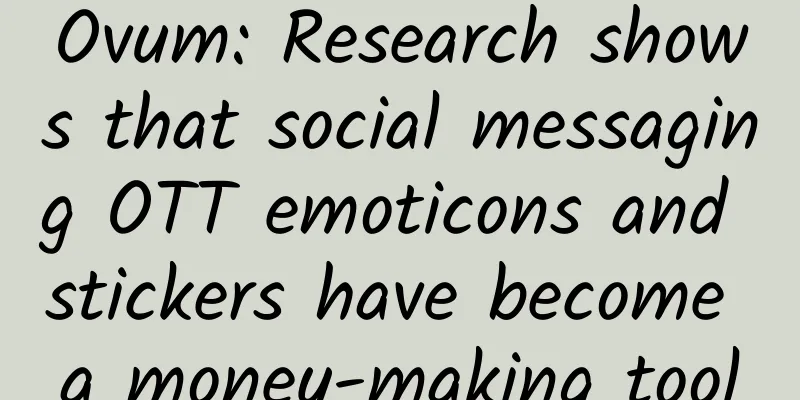Breasts feel like being pricked by needles when milk is swollen

|
When breast milk swells, women will experience some discomfort to a greater or lesser extent. For example, many women experience needle-like pain in their breasts when their milk is engorged. This will cause great physical and mental torture to women. If it is not treated and cared for in time, it may even cause women to suffer from mastitis. So, what methods can be used to solve the problem that the breasts feel like being pricked by needles when milk is swollen? 1. Diet to regulate lactation New mothers should ensure a light diet and avoid greasy food. It is best not to drink too much milk-inducing soup. They must also eat high-protein, high-fat, and high-sugar foods in moderation to prevent excessive and thick milk secretion, which may cause lumps in the mammary glands and make it difficult to be discharged. 2. Soak in warm water New mothers with milk engorgement can also effectively relieve the discomfort by soaking their breasts in warm water. First, prepare a basin of warm water and place it on your knees, then bend your upper body to your knees, so that your breasts can be soaked in the basin. At this time, you can also gently shake your breasts, using gravity to make the milk flow out more easily. 3. Use a breast pump The pain and swelling during weaning is related to the accumulation of milk. In severe cases, mothers may also suffer from breast disease. Therefore, during the period of milk swelling, Jiajia Yuesao recommends that you can try using a breast pump to suck out the accumulated milk, which can help relieve the pain. Breast pumps can be purchased in general supermarkets or maternal and child supply stores, but please note that you must clean and disinfect the breast pump before using it to prevent breast infection. 4. Cold compress vs. hot compress Hot compress can make the milk lumps blocking the mammary glands unblocked and improve breast circulation. Before breastfeeding, you can apply a hot, wet towel to your breasts for a few minutes, followed by gentle massage and patting to soften the breasts and areola and reduce the feeling of milk swelling. When breastfeeding, you should feed the breast that feels more swollen first. If the pain from breast engorgement is very severe, you can use cold compress to relieve the pain. Apply a soft towel dipped in cold water to the breast, or use a cold water bag for cold compress. Both can help reduce breast congestion and relieve swelling and pain. Always remember to express the milk before applying cold compress. |
<<: The second day after weaning, the milk is swollen and has lumps
>>: What is a breast connection?
Recommend
Bleeding without stopping norethindrone
Many female patients with multifunctional abnorma...
Nielsen: Research shows that Facebook has a greater appeal to 18-24 year olds than the four major US TV networks during prime time
A new Nielsen study on July 31, 2013 showed that ...
What to do if morning sickness is severe
Morning sickness is an important part of early pr...
How to remedy the problem of dyeing your hair during menstruation?
During menstruation, women's body resistance ...
Eating spicy food is a form of benign masochism! What happened to those who love spicy food?
Recently, there was a topic on Xiaohongshu #Eatin...
Why do I have back pain during 7 weeks of pregnancy?
Some female friends are troubled by some physiolo...
Prevention and treatment of scars after surgery
Photo: Li Jingyu Zhejiang Provincial People's...
What are the early symptoms of uterine cancer?
Generally, uterine cancer will have more obvious ...
Regarding chest pain, you need to know these medical knowledge!
Author: Shi Huanzhong, Chief Physician, Beijing C...
The best time to do four-dimensional femoral screening
The four-dimensional fetal fetal abnormality scre...
Can I dye my hair while breastfeeding?
Love of beauty is human nature. Many women know t...
The 9 health traps that women are most likely to fall into
Young female white-collar workers have now become...
What causes black blood clots during menstruation?
The menstrual period is the most important time o...
Causes of brown vaginal discharge after menstruation
If the vaginal discharge is brown after menstruat...
How long is normal bleeding with Mirena?
For many women who have given birth, they are wor...









